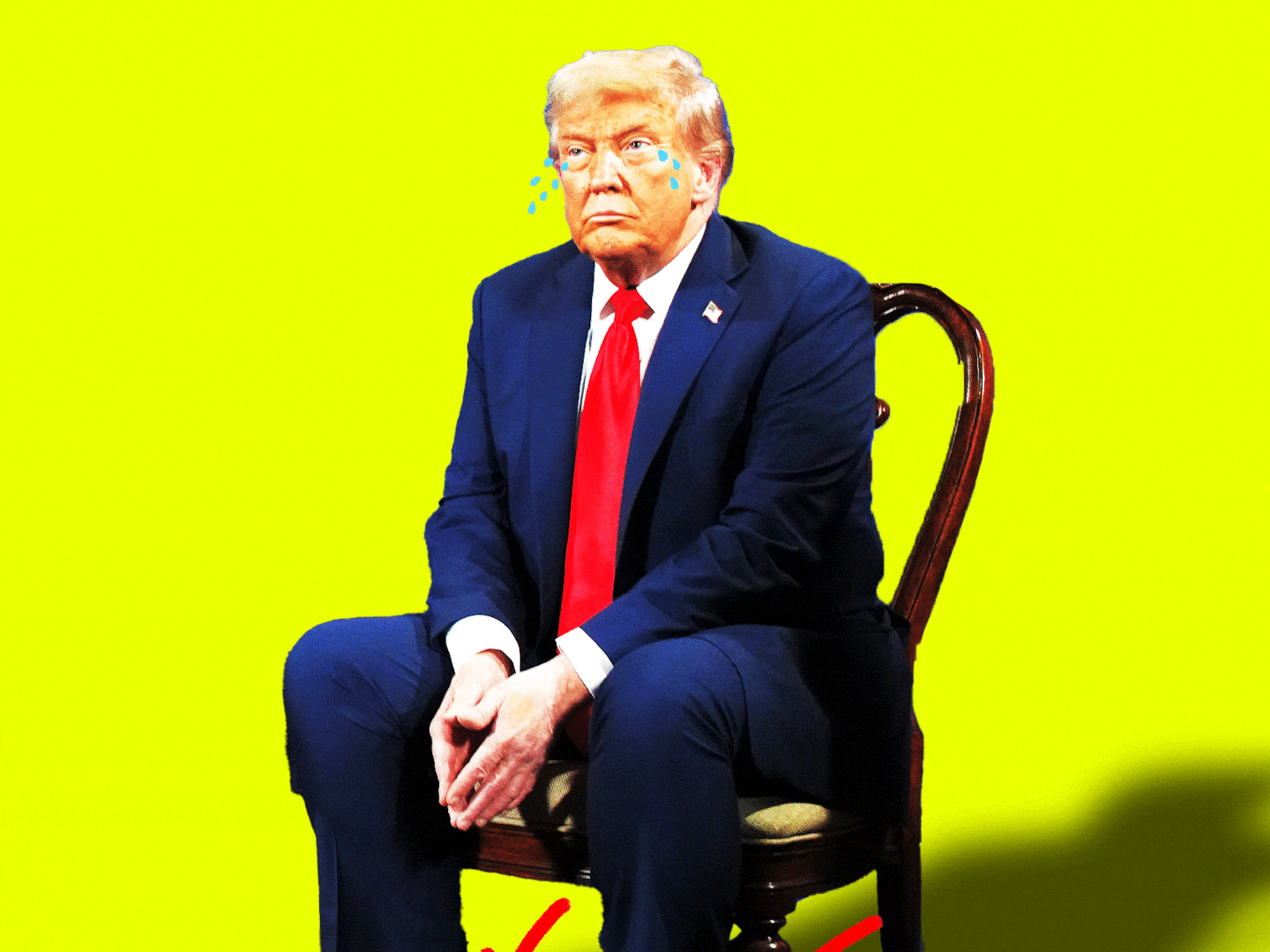In January, HBO broadcast the shattering documentary Night Will Fall, the story of a groundbreaking British government documentary from 1945 which featured exclusive footage of the liberation of Nazi concentration camps. The scenes witnessed and recorded at the time were unprecedentedly shocking—so much so that some of the veterans and retired filmmakers who shared their recollections seven decades on could not finish their accounts without breaking down. One Soviet cameraman who filmed the grim findings at Auschwitz said that “The memory of it has stayed with me all my life.”
So overwhelming were the horrors of the camps that it took years for many survivors to open up and discuss their suffering. Survivors still speak today but time isn’t on their side. Perhaps as a result, the theme for Holocaust Memorial Day in the UK this year was “Keep the Memory Alive.” Films like Night Will Fall and the grueling masterpiece Shoah will do just that. So too will Holocaust literature.
And yet there are skeptics who doubt the efficacy of the written word to faithfully represent what went on in the camps. Descriptive sentences merely fuel the imagination; better are stark visuals that instantly sear our consciousness. And once the survivors have gone, will we even trust a new generation of writers that went to Auschwitz, Treblinka and Bergen-Belsen only as visitors, not prisoners?
A recent crop of books on the Holocaust by writers who never had to endure it work hard to earn our trust. On the fiction front, Peter Matthiessen’s In Paradise and Martin Amis’s The Zone of Interest wear their considerable research astoundingly well. Similarly, two factual accounts of Nazi hunters Nazi-hunting—Thomas Harding’s Hanns and Rudolf and Nicholas Kulish and Souad Mekhennet’s The Eternal Nazi—come capped with lengthy bibliographies and acknowledgements. Documentary images might linger longer, but the impressions we form from a passage in a book can still wound and affect. If the criterion for a convincing literary re-creation of the reckless savagery of the Holocaust is prose powerful enough to jolt readers and force them to close the book at intervals to exhale, pour a stiff drink or check on their sleeping children, then the aforementioned writers triumphantly meet that requirement. In short, these books should be read.
Two new books, one fact, one fiction, continue this winning trend. Göran Rosenberg’s A Brief Stop on the Road from Auschwitz and Monika Held’s This Place Holds No Fear are born from deep, immersive study. Rosenberg has sifted books and documents to plot his father’s journey to freedom; Held has interviewed Auschwitz survivors to craft what she terms “fiction out of reality.” Both books are expertly translated—Rosenberg’s by Sarah Death, Held’s by Anne Posten—and both make for sobering but deeply rewarding reading.
Rosenberg opens by tracking an unnamed man on the last leg of his train journey to the small Swedish town of Södertälje. It is August, 1947. He is 24 years old, “yet he has already lived through so much.” He alights from the train with his two battered suitcases and checks into a guesthouse. Over a short space of time he swaps his temporary lodgings for a permanent abode and secures a job at a truck factory. Now all he needs is for his beloved Halinka to join him—a woman he was separated from on the selection ramp at Auschwitz-Birkenau.
The pair are reunited and go on to have a son, Göran, our author, and today one of Sweden’s most renowned journalists. He tells us he was to be called Gershon after his paternal grandfather but “a foreign name stands out and becomes a handicap.” So is the family’s Jewishness subtly introduced. He goes on to mention how the local bakery stocks a loaf called the SS loaf, named after the shop, “but that’s a loaf we never buy.” One winter’s day some children throw snowballs at their kitchen window and yell “Jews!” His mother’s face turns ashen—“Utterly white and utterly silent.” He is unsure of the meaning of the word, but “knows it has something to do with the shadows.”
A Brief Stop on the Road from Auschwitz touches upon Rosenberg’s childhood and blossoming self-awareness in postwar Sweden, but essentially it is his telling of his father’s story, one that chronicles the struggle to survive the Holocaust and then the struggle to live with the aftershock. The key word in the book’s title—other than its ugly last one—is “from.” For Rosenberg’s father, David, belonged to that rare minority that didn’t only go “to” Auschwitz; miraculously for him, the camp was a transit point, not a final destination. He lived to tell his tale—except he didn’t, not openly, and certainly not to his son. And so drawing on the letters between his parents during their years of separation, along with trawling records and tracing routes, Rosenberg charts his father’s journey from his native Poland to his adoptive Sweden. The road to Auschwitz, he explains, is “a collective hell shared by each and every one.” The less-traveled road from Auschwitz, he discovers, “follows the most shifting routes, veers off to the most unpredictable destinations, and comes through the most unexpected places.”
Thus Rosenberg rewinds from Södertälje in 1947 to the Łódź ghetto in 1942. His descriptions of its daily traumas make for harrowing but necessary reading. The sledgehammer-blow comes when its inhabitants are requested by their Nazi jailers to surrender the sick, the old and children under 10—20,000 “sacrifices” in eight days, after which, they are assured, “all will remain calm.” The implication behind this grotesque Aktion is clear: These people are being delivered up in order to be killed. Here and elsewhere Rosenberg weighs up the magnitude of the crime and reaches out to address his father directly: “Only misunderstanding and lack of imagination—this is how I see it—can keep your world together after September 1942.”
The ghetto is liquidated two years later and his parents are sent on transports to Auschwitz. His father avoids the gas chamber but goes on to experience hell. Later, he is sent to a slave labor camp—the lesser of two evils, and his first stop on the road from Auschwitz. But when Allied bombs fall the camp is evacuated and “hell reasserts itself.”
Rosenberg follows his father’s tortuous trajectory, visiting camps, a psychiatric hospital and many memorial sites that house mass graves. Guiding him is the fruit of his sleuth-work, years of scouring diaries, journals, archives, photographs, testimonies, “every fragment that can possibly be procured, so I don’t lose sight of you”; lighting his way are those letters from one parent to another, letters that alternate between joy and desperation.
In one letter, Rosenberg notes how his father described concentration camp survivors as “shipwrecked.” It turns out that David Rosenberg was describing himself. His journey’s end was not quite the Promised Land he envisaged and he battled to stay afloat. It is not only his private memories that grind him down. Postwar Sweden, particularly its provincial backwaters, views the incoming stateless survivors with suspicion. “We are not used to dealing with people so alien to Swedish attitudes and standards,” the local newspaper declares. Astonishingly, the authorities categorize them as “former concentration camp clients.” That suspicion sours into downright distrust when, in the 1950s, David Rosenberg is examined by a German doctor with a view to claiming compensation for Nazi persecution. He is told that he is ill because he wants reparations, not because he has survived Auschwitz. His claim is rejected and he receives nothing.
Cumulatively, these hard knocks take their toll. The finishing touches Rosenberg makes to the portrait of his father are the darkest of dabs. The result is a chiaroscuro composed of more shade than light but one that manages to be all the more revealing because of it. Rosenberg floors us with a shock conclusion and provides us with a wealth of insight on the way to it. I thought my German Wortschatz was pretty ample but one terrible word that Rosenberg cites and one that is mercifully absent from modern dictionaries and common parlance is Entjudung—“dejudification.” One of the book’s enduring images is of the residents of the town of Ludwigslust ordered by American troops to witness the atrocities committed at the nearby camp of Wöbbelin. We get this visually and on a larger scale in Night Will Fall after the liberation of Dachau: American soldiers bringing in Germans from neighboring Weimar who had been willing to make use of the cheap labor of the camp—“as long as they were beyond smelling range of it.” Rosenberg’s account of Wöbbelin feels like a thumbnail sketch in comparison, but it comes clad with rich detail and accompanied by righteous ire: “the blatant lie” of “we knew nothing and could do nothing.” Both film and book show how flimsy these pleas of mitigation were and the measures the Allies took to refocus blind eyes, impose culpability and ensure that certain images once seen would never be forgotten.
At the height of the killing, when one overloaded transport after another hurtled towards the camps and the crematoria and fire pits were continually aflame—when the annihilation was relentless—the Nazis left scant possibility for victims to become testifying survivors. Even in 1945, while on the brink of defeat, Himmler instructed camp commandants to dismantle each Lager, wipe out all traces of mass murder and make sure that no prisoner fell into enemy hands alive. But Rosenberg tells us that those who do survive “don’t know what to say to be believed.” His father was struck dumb by what he suffered. How to begin to speak out about the unspeakable?
Heiner, the “survivor of the madness” at the center of German-born Monika Held’s This Place Holds No Fear, goes from being as silent and withdrawn as David Rosenberg to an unapologetically garrulous Ancient Mariner eager to talk about his ordeal. (Primo Levi also identified with the Ancient Mariner and used a quote from Coleridge’s poem—“…till my ghastly tale is told”—for the epitaph of his final collection of essays, The Drowned and the Saved.) Arrested by the Gestapo for Communist agitation and propaganda, Heiner is interrogated and tortured and then sent on to Auschwitz, that “playground of murder in Poland.” Like David Rosenberg he escapes selection for the gas chamber but is put to work and turned into “a striped skeleton.” However, instead of physical, back-breaking toil he has the mentally arduous duty of typing up death notices all day. He buckles under the psychological strain of watching and recording wholesale murder, but steels himself and utilizes his function by memorizing each crime on the off-chance that he can survive and be called upon as a reliable witness.
Survive he does, but when he is summoned in 1964 from Vienna to testify against 20 suspected war criminals in Frankfurt, the prospect of reliving a nightmare causes him to crumple and clam up. Two men in particular make him quake: Kaduk, who beat prisoners with a club, and Klehr, who injected “patients” with a phenol-filled syringe. Lena, the court translator, encourages him to be strong in words that evoke “shipwrecked” David Rosenberg: “Do you know what a wreck is?” she asks him. “A wreck is a ‘drifting object’ that has become unusable due to decay or damage. Decay certainly doesn’t apply to you.”
As if to prove it, Lena falls for Heiner, and the pair settle down together and see to what degree love can heal trauma. To begin with it seems as if their 10-year age gap will be the biggest stumbling block, but Lena comes to realize that Heiner is constantly haunted by his demons. This is a man who keeps a mustard jar full of ground bones from victims at Birkenau. For him it is no worse than living with yellowed photos of dead relatives: “Both are mementoes of people that don’t exist anymore.” And yet slowly she learns to understand his foibles, accommodate his pain and let him rant and wail whenever an innocuous occurrence triggers an appalling memory.
Held impresses with a segment that sees Heiner and Lena visiting Poland in the 1980s. The country is under martial law and Heiner’s old Polish Resistance friends are still fighting for democratic change but this time as supporters of Solidarity. The crux of the trip is a return to Auschwitz, “the world’s biggest graveyard,” where Heiner can confront his past and test the limits of Lena’s comprehension. Held intercalates Heiner’s pilgrimage and the flashbacks to his early years with snapshots of the consequences of his time in the camp: sleepless nights, ruined relationships, and an unassuaged urge to lose himself in Holocaust studies and impress on anyone within earshot anecdotes, images and tales. A fellow survivor asks Lena what it is like living with “one of us.” “What do you think it’s like?” she answers. “It’s like living with a singer who can’t stop singing the song of his life. He sings it in the morning, he sings it at noon and in the afternoon, evening, and night. It has many verses. You have to like the song, or you’ll go crazy.”

Held serves up many horrors, including a three-page day-by-day breakdown of the steady deterioration of a group of men thrown into a starvation cell. Censuring Held for a display of gratuitous violence would be pointless: to render any portrayal of the Holocaust authentic requires amplifying horror, not muffling it. However, Held judiciously tempers the gloom by rotating perspectives and flitting backwards and forwards through time. There is relief in one riveting scene in which a Nazi Section Leader confides to Heiner that he can’t send 360,000 Hungarian Jews to the gas chamber—and then sets a pistol on the table and asks Heiner to shoot him.
Held’s court case against Heiner’s tormentors is equally gripping, with each former SS-man’s pleas (“We’re the victims—we did what had to be done. We were soldiers under orders”) stunning us with their simultaneous hollow ring and audacious clang. This, together with the quick excuses spouted by the good burghers around Dachau and Wöbbelin, reminds us that productive Holocaust study not only highlights wrongdoing, it exposes wrongdoers.
Both Rosenberg and Held have delved into the past so as to exhibit human depravity and propagate facts, stories and memories. Their accounts may not feel as authentic as those of Primo Levi, Elie Wiesel, or Imre Kertész, but surely it is better to have them than not at all. As Held’s Lena is told, “One day the singer will forget the song of his life, and then he’ll stop singing.” Like all worthy Holocaust literature, these fine books should, with luck, further awareness and stymie amnesia, indifference and denial. “What is done cannot be undone,” wrote Anne Frank in one of the most influential of all Holocaust books, “but one can prevent it happening again.”






